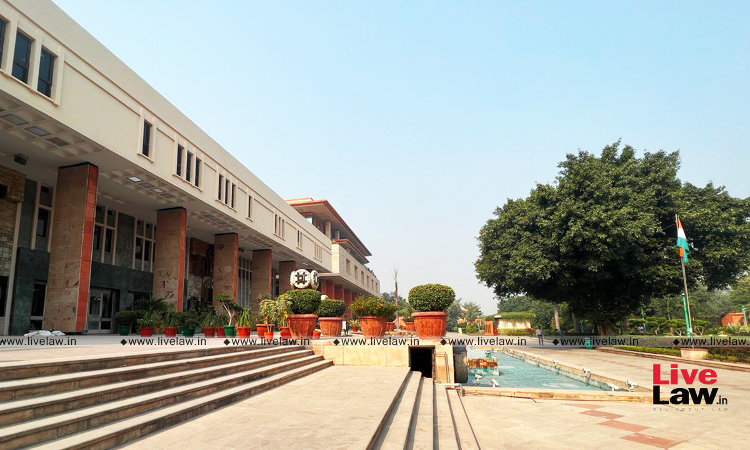Wrong Application Of Law Not Leading To Perversity; Arbitral Award Cannot Be Set Aside: Delhi High Court
Parina Katyal
16 Jan 2023 9:30 AM IST

Next Story
16 Jan 2023 9:30 AM IST
The Delhi High Court has ruled that merely because the arbitrator had wrongly applied the .IN Domain Name Dispute Resolution Policy (INDRP Policy), while adjudication a dispute over domain names under the said Policy, the award cannot be set aside in the absence of perversity. The bench of Justice Chandra Dhari Singh ruled that the terminology used by the arbitrator in the award,...
